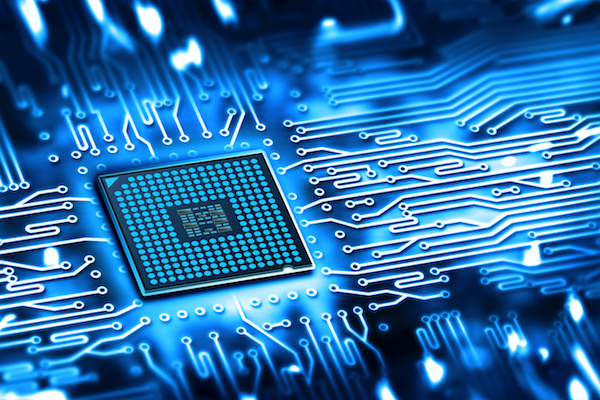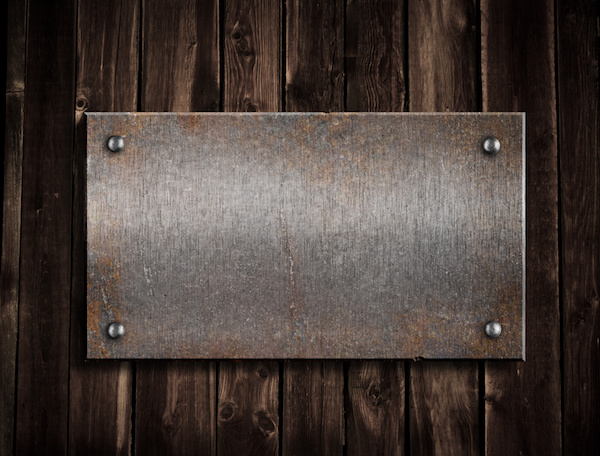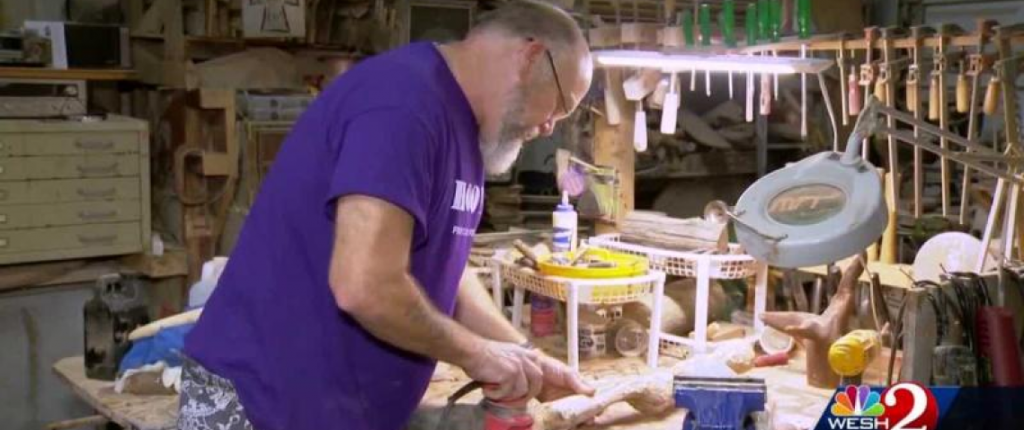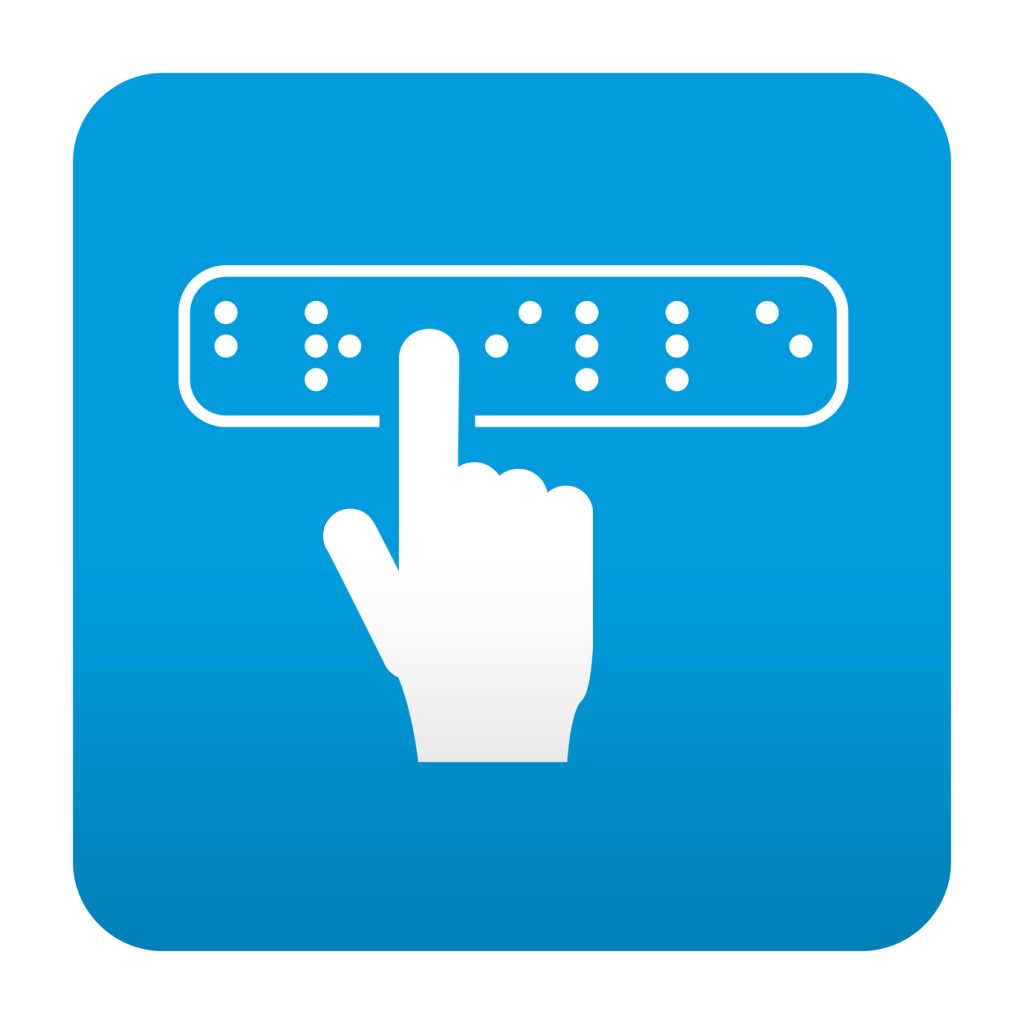When you are designing and constructing a custom electronic device, it is very important you choose the right switches. This is an often overlooked component of building a reliable and effective device. You have two main choices in this area. You can go with membrane switches, which are switches that have the whole assembly sealed. You can also go with mechanical switches, which are the switches that are not totally sealed. Which of these options is right for you depends on your situation and the device you’re building. To learn more information about the membrane switch vs mechanical switch, read on.
Benefits of Membrane Switches
The most obvious benefit of membrane switches is is that they’re sealed from the outside environment. As you might imagine, this makes them more reliable. The fact these switches are sealed prevents water, dirt, and debris from getting into the little cracks around the switch. This is a common problem with mechanical switches, and it completely avoided with membrane switches. One other benefit of membranes switches is that they’re easy to clean because there is no gap around the switch. All you have to do is wipe off the switch, you don’t have to worry about getting into the little gap and cleaning out anything that might have fallen into there.
Drawbacks of Membrane Switches
There are a few drawbacks of membrane switches. One of these is that they are more expensive. Exactly how much more expensive depends on the device that the switch is for, the switch itself, and several other factors. It may not be much more expensive, but the difference may be enough to give you pause if you are planning on producing this device on a large scale. One related drawback of membrane switches that they’re more labor-intensive to make. Of course, this means they are more expensive as noted above. However, this also means that they take a little bit longer to make. Similar to the greater expense, this drawback is greatly magnified if you’re producing their device on a large scale.
Benefits of Mechanical Switches
Mechanical switches may seem like they are less high-tech, but this is not necessarily true. One definite benefit they have over membrane switches is that they are cheaper. They may only be $0.05 cheaper per switch, but if you’re building a complex device with a lot of switches this can add up. This is especially true if you are making many of these devices. Any savings that you get on making the device can improve your bottom line. Mechanical switches are also quicker to make. This means you can make more products in a specified length of time. This, of course, can lead to more profits in the long run. How much quicker mechanical switches are to make depends on the design of the switch and on how the device needs to be constructed.
Drawbacks of Mechanical Switches
There are a couple of drawbacks inherent in using mechanical switches. They are noticeably harder to clean. If you are trying to clean a device that has mechanical switches, you need to get into the gaps around the switch in order to properly clean the device. If you don’t, dirt and debris make it into these little gaps and eventually cause the switch to malfunction. They may even get into the device itself and break the entire thing. On a related note, devices with mechanical switches are more likely to get damaged by conditions. This drawback may be especially evident if your device needs to stay outside. If it is situated in an area with a great deal of moisture, this could be a serious problem that may lead to the malfunction of the device in short order.
Figuring Out Which Switch is Right for You
If you have just read the previous information and are still not quite sure whether you should choose membrane switches or mechanical switches, don’t be too worried about this. You can always contact our company and our highly trained and experienced engineers will help you figure out which is right for your application. All you need to do is give them all these specifications and details of the device and the situation in which it will be used. They can take all this information and give you an educated opinion. Of course, the final decision is totally up to you.




